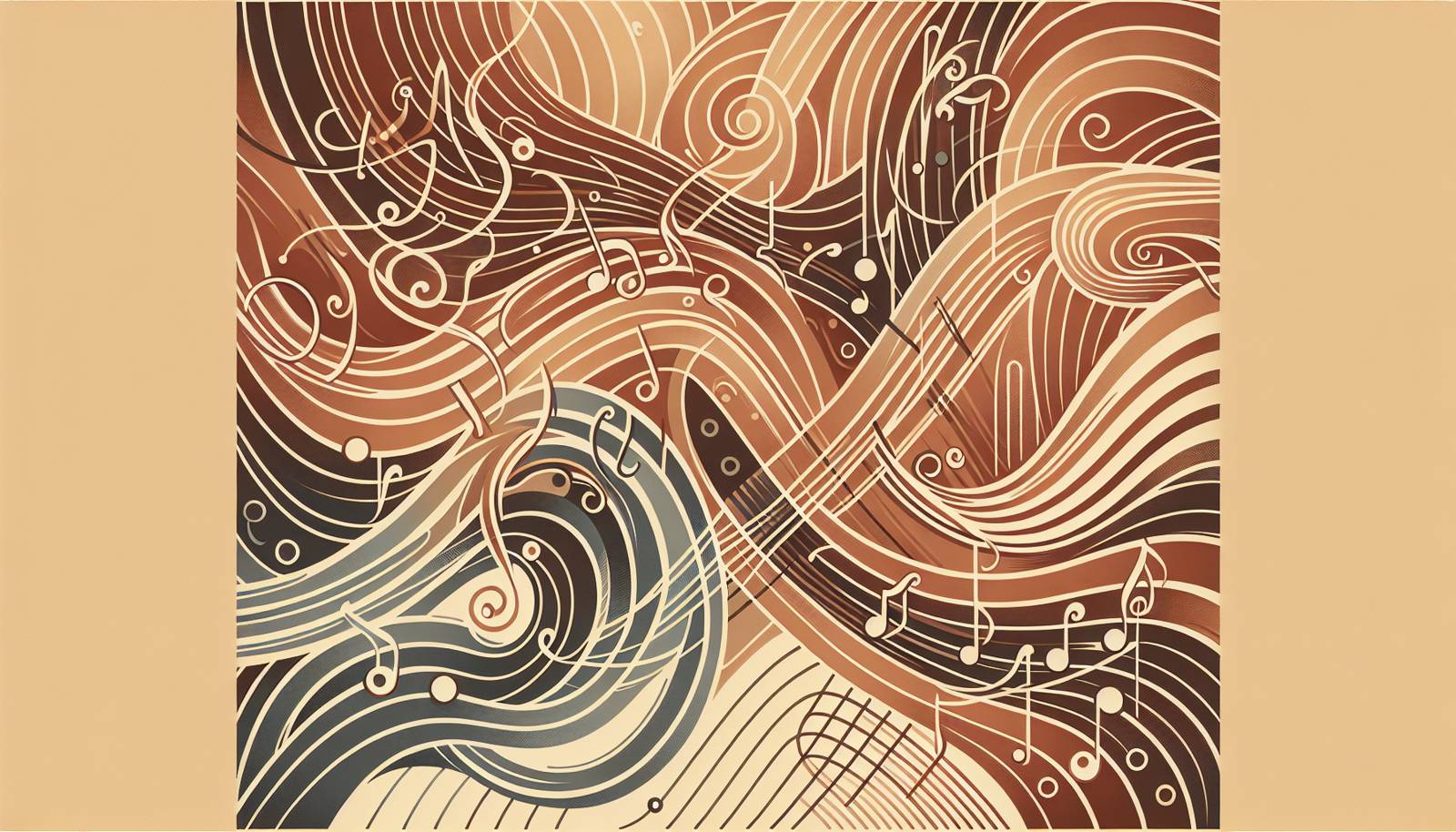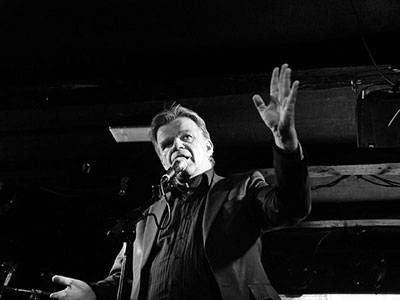
FAQ About The Role of Jazz Poetry in Cultural Dialogue

What is jazz poetry?
Jazz poetry is a literary form that combines the improvisational techniques and rhythmic elements of jazz music with the craft of poetry. It aims to capture the essence of jazz music through words, often reflecting the themes and rhythms found in jazz compositions.

How did jazz poetry originate?
Jazz poetry emerged during the Harlem Renaissance in the early 20th century. This literary form was heavily influenced by the rise of jazz music, which was seen as a powerful expression of African American culture and creativity. Poets sought to reflect the syncopated rhythms and improvisational nature of jazz through their verse.

Who are some prominent jazz poets?
Prominent jazz poets include Langston Hughes, Amiri Baraka, and Jack Kerouac. These poets incorporated the themes and rhythms of jazz into their work, using it as a means to explore social issues, cultural identity, and personal expression.

What role does jazz poetry play in cultural dialogue?
Jazz poetry plays a significant role in cultural dialogue by articulating cultural identity and addressing social issues through its unique blend of rhythm and narrative. It serves as a bridge between different cultural and artistic traditions, fostering understanding and appreciation among diverse audiences.

How does jazz poetry address social issues?
Jazz poetry often addresses social issues such as racial inequality, economic disparity, and cultural identity. By blending the emotive and dynamic qualities of jazz music with the reflective nature of poetry, jazz poets can highlight injustices and challenge societal norms.

In what ways has jazz poetry influenced other art forms?
Jazz poetry has influenced other art forms by inspiring musicians, writers, and visual artists to explore new modes of expression. The fusion of improvisation and rhythmic experimentation found in jazz poetry can be seen in contemporary spoken word, performance art, and even in certain genres of music like hip-hop.

What are the key characteristics of jazz poetry?
The key characteristics of jazz poetry include its use of rhythm, improvisation, and musicality. Jazz poetry often mimics the structure of jazz music, featuring syncopated rhythms, lyrical spontaneity, and a focus on sound and cadence. It frequently involves themes of freedom, struggle, and cultural expression.

How does jazz poetry reflect cultural identity?
Jazz poetry reflects cultural identity by articulating the unique experiences and histories of African Americans and other marginalized groups. It often draws on the rich cultural heritage and musical traditions of these communities, offering a voice to those underrepresented in mainstream narratives.

What is the relationship between jazz music and jazz poetry?
Jazz music and jazz poetry share a close relationship based on their mutual emphasis on rhythm, improvisation, and expression. Jazz poetry seeks to emulate the musical qualities of jazz through linguistic creativity, capturing the energy and spontaneity of jazz performances in written form.

Can you provide an example of a famous jazz poem?
One famous jazz poem is "The Weary Blues" by Langston Hughes. This poem captures the essence of a blues performance and reflects the themes of sorrow and resilience that are integral to both blues music and African American cultural expression.

Why is improvisation important in jazz poetry?
Improvisation is crucial in jazz poetry because it mirrors the spontaneous creativity found in jazz music. This element allows poets to experiment with language and form, producing work that feels dynamic and alive, much like a live jazz performance.

How does jazz poetry contribute to storytelling?
Jazz poetry contributes to storytelling by using its rhythmic and emotive elements to convey powerful narratives. This approach allows poets to explore individual and collective experiences, translating complex emotions and ideas into accessible and engaging verse.

What impact did the Harlem Renaissance have on jazz poetry?
The Harlem Renaissance had a significant impact on jazz poetry by providing a cultural and artistic haven where African American artists could celebrate and express their heritage. This period saw the rise of jazz poetry as a distinct genre, where poets used jazz as a metaphor for cultural and personal freedom.

Why is jazz poetry still relevant today?
Jazz poetry remains relevant today because it continues to address timeless issues of identity, freedom, and social justice. Its fusion of musical and poetic elements appeals to modern audiences, keeping the spirit of cultural dialogue and artistic innovation alive.

How do modern poets incorporate jazz into their work?
Modern poets incorporate jazz into their work by experimenting with rhythm, form, and narrative style. They often draw on the same themes jazz musicians explore, such as improvisation and social commentary, to create poetry that resonates with contemporary audiences.

What themes are commonly explored in jazz poetry?
Common themes in jazz poetry include freedom, identity, love, social justice, and resilience. These themes are often explored through the lens of personal experience and cultural history, reflecting the struggles and triumphs of marginalized communities.

How has jazz poetry expanded since its inception?
Since its inception, jazz poetry has expanded to include diverse voices and perspectives, evolving alongside jazz music itself. It has incorporated elements of other genres and mediums, influenced global cultures, and been adapted for performance, making it a versatile and dynamic art form.

Can jazz poetry be performed live?
Yes, jazz poetry can be performed live, often accompanied by jazz musicians. Live performances allow poets to engage with audiences interactively, enhancing the improvisational and rhythmic elements of the poetry, much like a jazz concert.

Is jazz poetry limited to the English language?
While jazz poetry originated in an English-speaking context, it is not limited to the English language. Poets across the world have embraced the jazz-poetry fusion, incorporating their linguistic and cultural nuances into the form, thus enriching its global appeal.
